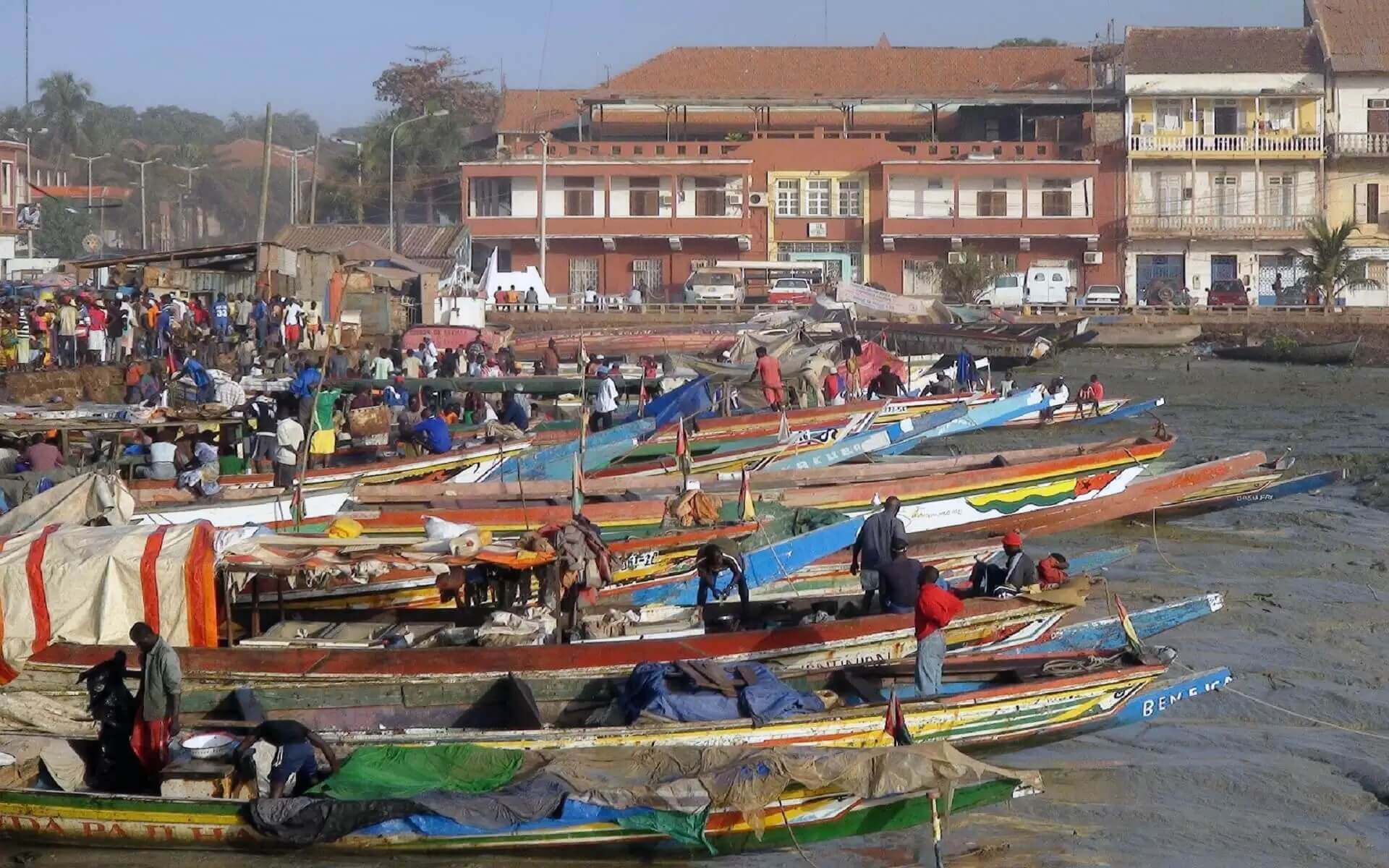[lwptoc]
Guinea-Bissau, formally the Republic of Guinea-Bissau, is a West African country. It has a total area of 36,125 square kilometers (13,948 square miles) and a population of 1,704,000 people.
Guinea-Bissau was previously a member of both the kingdom of Gabu and the Mali Empire. Parts of this kingdom lasted until the 18th century, while the Portuguese Empire ruled over a few others since the 16th century. It was colonized as Portuguese Guinea in the nineteenth century. When the nation gained independence in 1973 and was recognized in 1974, the name of its capital, Bissau, was added to the country’s name to avoid confusion with Guinea (formerly French Guinea). Since independence, Guinea-Bissau has had a history of political instability, with no elected president serving a complete five-year term.
Only 14% of the population speaks Portuguese, which was designated as the official language during the colonial era. Almost half of the population (44 percent) speaks Crioulo, a creole language based on Portuguese, while the remainder speak a variety of local African languages. African traditional faiths and Islam are the dominant religions, with a Christian (primarily Roman Catholic) minority. The country’s per-capita GDP is among the lowest in the world.
Guinea-Bissau is a member of the United Nations, the African Union, the Economic Community of West African States, the Organization of Islamic Cooperation, the Latin Union, the Community of Portuguese-Speaking Countries, La Francophonie, and the South Atlantic Peace and Cooperation Zone.


